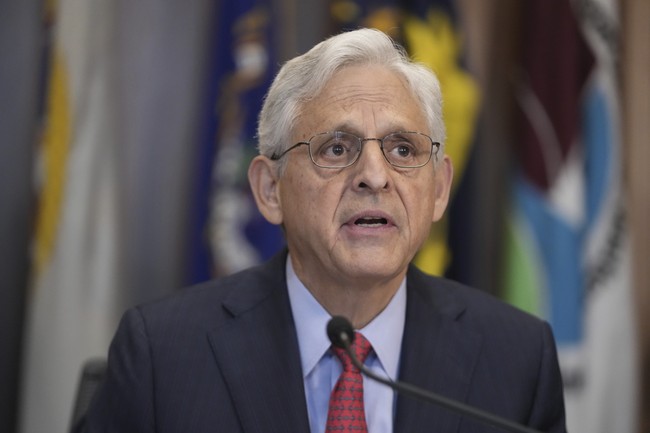Trump's IVF Freebie: A Bold Campaign Promise
In a major campaign promise, Donald Trump vows to cover IVF costs for Americans, igniting a heated debate on reproductive rights and family policies.
Published August 31, 2024 - 00:08am

Image recovered from washingtonexaminer.com
Donald Trump, the former President and current Republican candidate, has made a bold promise as he campaigns for re-election. Speaking at a rally in Potterville, Michigan, Trump announced that his administration would ensure that all costs associated with In Vitro Fertilization (IVF) treatments are covered, either by the government or through mandated insurance policies. This proposal comes amidst a broader debate on reproductive rights triggered by the Supreme Court's recent decisions.
Trump's pledge is an attempt to appeal to families struggling with the high costs of fertility treatments. He emphasized the difficulty many face in affording IVF, stating, 'Because we want more babies, to put it very nicely, and for this same reason, we will also allow new parents to deduct major newborn expenses from their taxes.' The high cost of IVF, often exceeding $20,000 for a single cycle, has been a barrier for many American families.
The political landscape has been significantly shaped by the Supreme Court's 2022 decision to overturn Roe v. Wade, which had provided federal protection for abortion rights. This has led to heightened concerns among reproductive rights advocates that IVF and other fertility treatments could also be threatened. In Alabama, a court ruling in February classified frozen embryos as children, causing several IVF clinics to temporarily halt services due to legal uncertainties.
Reproductive rights have become a central issue in the ongoing presidential campaign, particularly between Trump and his Democratic opponent, Vice President Kamala Harris. Harris has consistently criticized Trump's stance on abortion and painted him and the Republican Party as threats to women's rights, including access to birth control and fertility treatments. The Harris campaign argues that Trump's policies jeopardize women's freedom and reproductive health across the country.
Trump's announcement has been met with mixed reactions within the political spectrum. Some Republican lawmakers have shown support for IVF to counteract the Democrats' portrayal of them as anti-family. Despite blocking legislation guaranteed to protect IVF introduced by Democrats, Republicans have proposed alternative measures to support the procedure.
The promise of free IVF treatments is seen as an effort to regain support among women voters, where Trump has seen a decline. Opinion polls indicate that Harris leads Trump significantly among women, a gap that has widened since earlier in the year. By advocating for policies that could benefit families directly, Trump aims to bridge this gap and win over undecided and swing state voters.
Concerns persist about the financial feasibility of Trump's proposal. He has yet to provide detailed plans on how the government or insurance companies would fund widespread IVF treatments. Discussions hint at insurance companies being mandated to cover the costs, but the specifics remain vague.
This initiative is part of a broader strategy by Trump to soften his stance on reproductive issues, as seen in his recent social media posts proclaiming his administration's support for women's reproductive rights. However, these statements have sparked criticism from evangelical leaders, who played a crucial role in his previous election victories. As Trump navigates these contentious waters, he is attempting to strike a balance between maintaining support from his conservative base and appealing to a broader electorate.
The issue of IVF has become a focal point not only in the presidential race but also within the broader political dialogue. Following the Alabama court ruling, the conversation around how to handle embryos legally has forced many IVF patients to consider relocating their frozen embryos to states with clearer legal frameworks. This uncertainty highlights the complex intersection of reproductive rights, legal interpretations, and healthcare policies.
In summary, Donald Trump's promise to cover IVF costs represents a significant and controversial development in the ongoing political debate on reproductive rights. As the election approaches, this issue is expected to remain at the forefront of discussions, reflecting the broader societal and political divides over family policies and women's rights.







